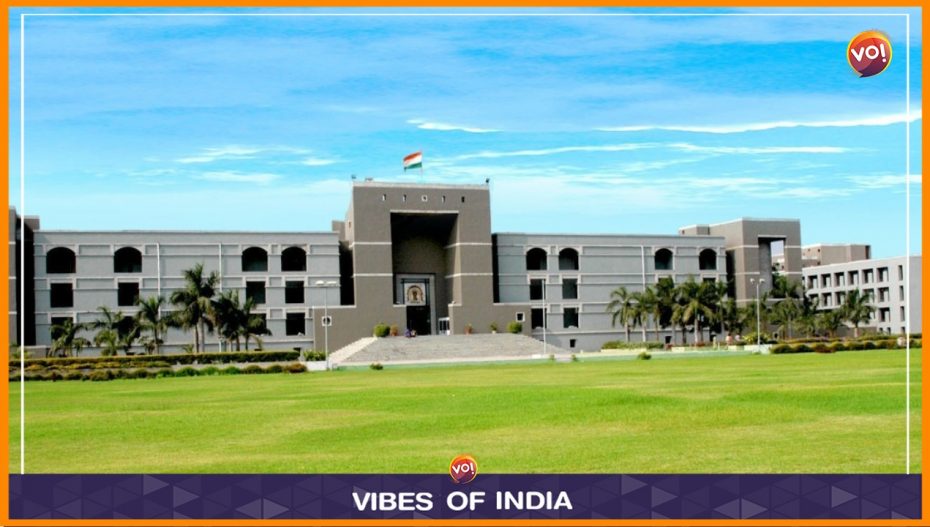A larger bench of the Gujarat high court held that the state government can levy stamp duty in the event of amalgamation or reconstruction of unlisted companies based on their market capitalization, and the premium paid for issuance of shares cannot be treated as its face value.
A three-judge bench gave various references regarding computation of stamp duty under the Gujarat Stamp Duty Act.
For calculation of stamp duty, the bench held that the revenue department was right in charging duty on orders sanctioning schemes of amalgamation/reconstruction between unlisted companies based on market value of shares, which will be deemed to be its face value according to Explanation-III(c) in Article 20(d) of Schedule-I to the Gujarat Stamp Act, 1958. The amount of ‘premium’ at which such shares of unlisted companies are issued under schemes cannot be treated as a separate consideration while computing stamp duty.
Since there were cases of approval of schemes of amalgamation or reconstruction involving more than two companies in a single indivisible instrument, the revenue department sought to charge duty on each transaction. The HC ruled in favour of the companies and held that stamp duty cannot be charged based on Section 5 of the Act by treating each amalgamation or reconstruction under the composite scheme as a separate transaction.
In yet another relief for the companies that look forward to merger or reconstruction, the HC said that the stamp authorities cannot impound instruments or initiate penal proceedings in respect of instruments that are produced for adjudication under Section 31 of the Act.












